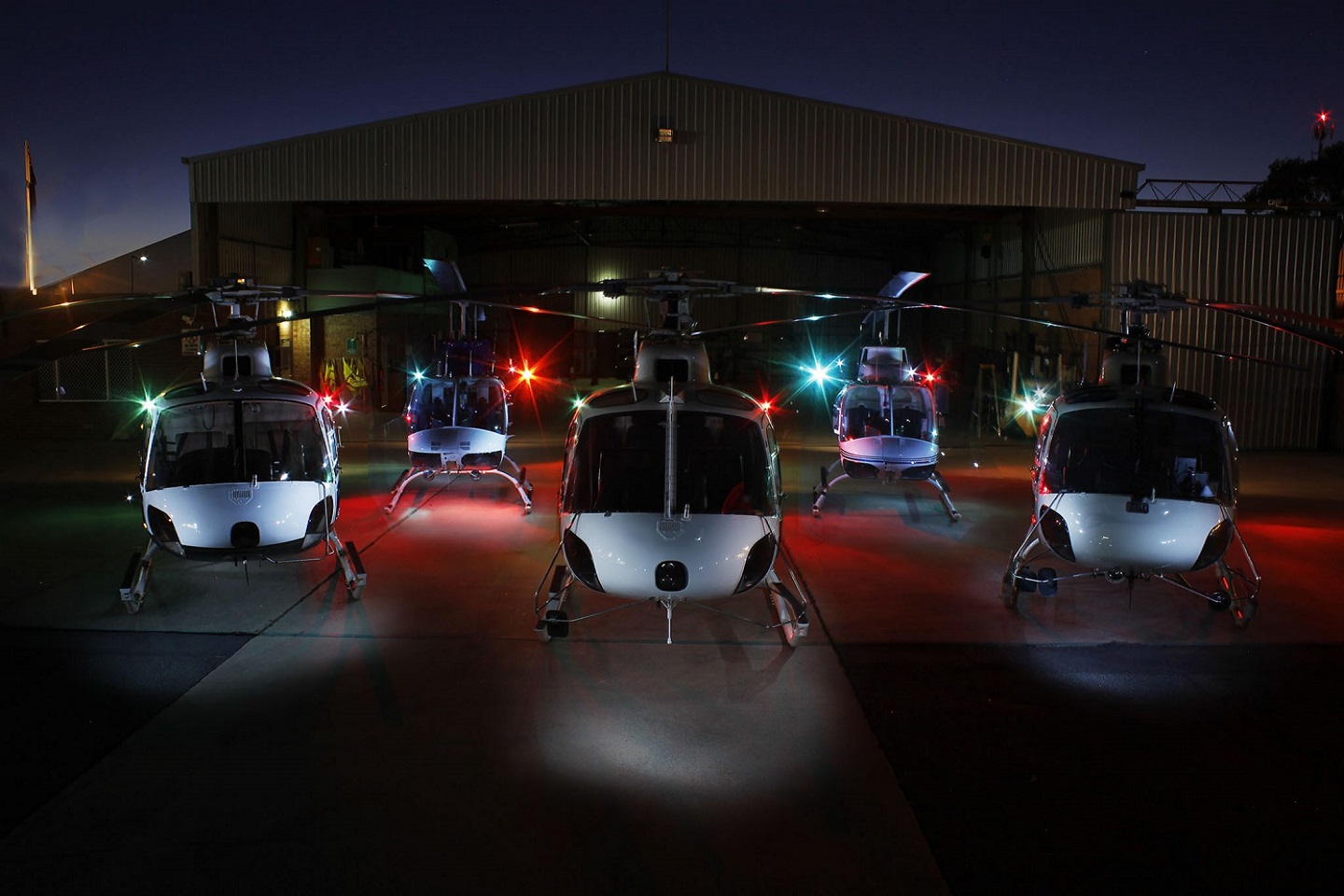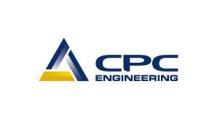Many WA businesses have straddled the divide between defence and commercial sectors.


The defence sector is undeniably attractive to business.
For those outside the sector, the allure of long-term contracts, a well-known demand profile, reliable payment schedules, and the inferred reputational boost from working with defence are key features of this appeal.
Those already inside the sector will largely reinforce the benefits, but the vast majority diversify heavily into other areas of business.
This diversification is multidirectional: in some instances, starting in defence and branching out, in others, taking commercial capability and recognising a potential market in defence.
There are numerous businesses based in Western Australia that serve as examples of this, both large and small.
Perth-headquartered Austal recently announced a $US44 million contract with the US Navy for the development of autonomous technology.
Most notably a defence shipbuilder, Austal also applies its capabilities to commercial requirements worldwide.
Matrix Engineering is a composites and advanced materials solutions provider across the oil and gas sector, but increasingly active in defence.
In January, Matrix signed a technology development agreement with Woodside Petroleum, which is indicative of the commercial validity and acumen of the business.
Family-owned and multigenerational local business Hofmann Engineering has grown well beyond its Bassendean headquarters to become a multinational player in multiple market segments.
Hofmann has taken the expertise gained across defence and aerospace to lead innovations and IP development into other markets.
Further into aerospace, locallyowned businesses that diversify across defence and other sectors include Jandakot-based Helicopter Logistics, which provides specialist aerial work and was awarded a $25.6 million bushfire services contract by the state government late last year.
Perth Airport-based Airflite* is the largest privately owned aviation maintenance business in Australia, offering maintenance, sales, training and other capabilities across multiple markets, including defence.
Diversification is evident even in those businesses with fewer than 50 employees.
BlueZone Group in Bibra Lake is a provider of subsea equipment and services across multiple industries.
Watmar, another family-owned and multi-generational Australian business, provides fluid system engineering to defence, industrial and marine clients, while WA-owned Cooltech specialises in marine and commercial refrigeration and air-conditioning.
This reveals that, for all the attractiveness of the defence market, businesses wisely seek to diversify regardless of their size.
There are discernable differences to doing business in defence and doing business in commercial sectors.
As noted above, defence is a market that offers long-term contracts, security of payment and a well-defined demand pipeline.
There are, however, some challenges in entering that market.
The defence sector can be challenging for manufacturers, sales representatives, innovators or sustainment organisations as it requires an understanding of procurement and contracting processes.
Patience and perseverance are required as the opportunities and processes underpinning them may not align with your business timelines.
A notable feature of working in this sector is the tendering and contracting methods, for which securing a contract is a one-time-only, best-foot-forward opportunity.
Due to necessary probity and transparency requirements, contracts and engagements do not involve the usual back-and-forth dance of collaboratively defining need, solution and price alongside a customer afforded by other commercial negotiations.
A commercial business, unlike defence, is not a prisoner to public budgets and pre-defined processes of procurement aligned to previously defined needs.
Discussions are possible, negotiations can evolve, and solutions can be presented, refined, and agreed.
But with commercial business comes additional risk, with shorter-term contracts and potentially less-secure debtors negating these commercial sector advantages.
While there are many mechanisms to address the commercial sector risks and issues, and many supporting organisations to assist in entering the defence market – such as industry advocates and numerous state and federal agencies – differences remain.
These advocates and agencies include Defence West, CDIC, Henderson Alliance and the Australian Industry and Defence Network**, among others.
Working in defence, as opposed to commercial sectors, means businesses are trading off the challenges of market penetration and the absence of a standard negotiation cycle, for the possibility of long-term contracts and secure debtors.
This perhaps explains why so many WA businesses, large and small, pursue diversification. It could also be owed to the entrepreneurial spirit of WA business leaders, chasing opportunities wherever they may be.
Regardless of the motivating factors, defence remains an attractive market worth pursuing for those companies with expertise to offer.
• The author and his family have a financial interest in Airflite
• The author is chairperson of AIDN-WA
















